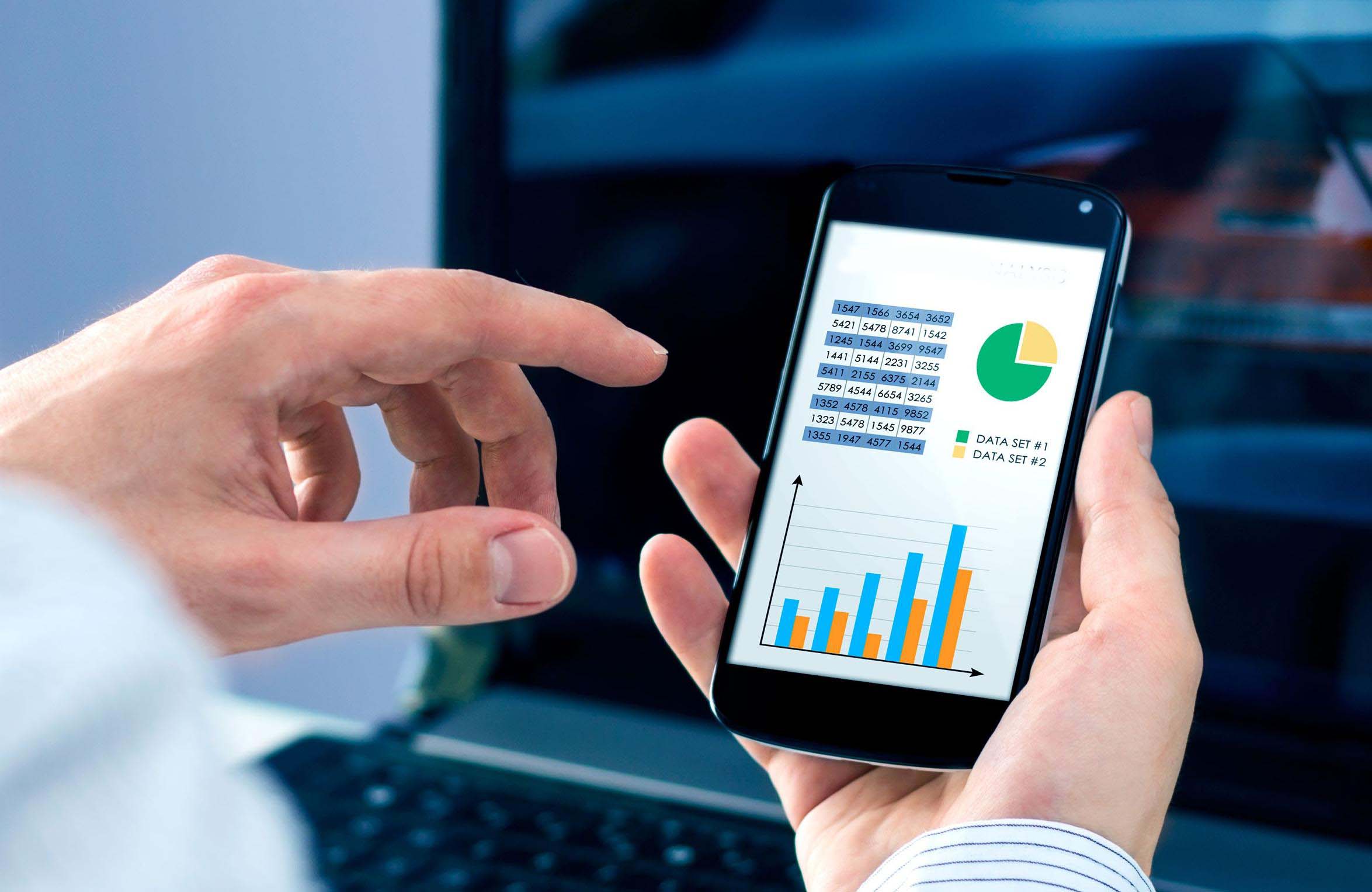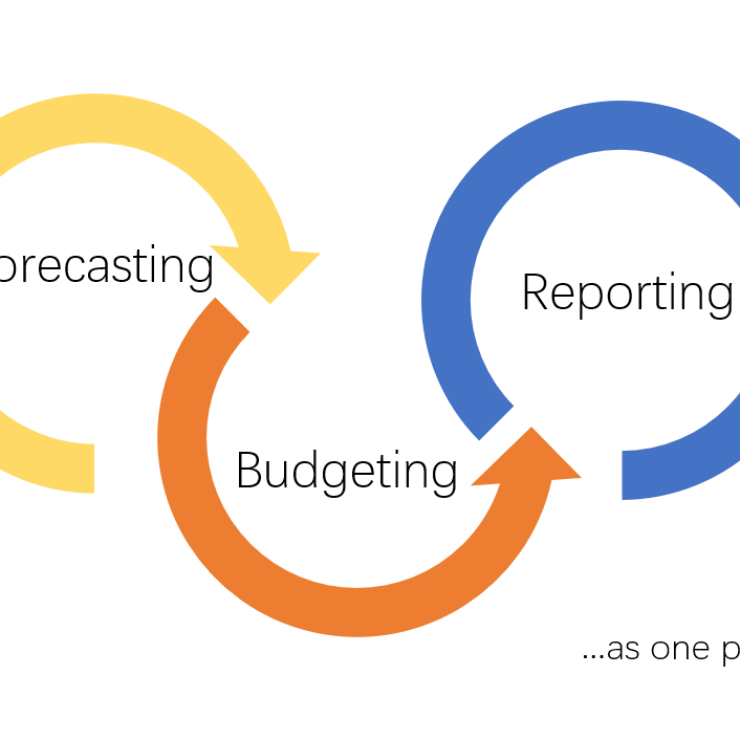The emergence of remote work in recent years transformed the way businesses operate. Remote work offers several benefits, such as flexibility, efficiency, and cost-saving. With this, employees can have the freedom to work from anywhere, anytime. However, managing business processes and ensuring smooth operations in a geographically dispersed workforce can be challenging. This is where mobile enterprise resource planning comes into play. By integrating ERP systems with mobile technology, businesses can optimize operations, enhance collaboration, and empower remote teams to work efficiently.
What is mobile ERP?
Mobile ERP refers to using your smartphones or tablets to connect with and use ERP systems. Mobile ERP applications provide a user-friendly interface and deliver the same functionalities as traditional ERP systems but with the added convenience of mobility. It enables employees to perform essential tasks, access real-time data, and collaborate seamlessly wherever they are.
Further, employees can access critical business information, manage workflows, generate reports, track inventory, and perform various other tasks through mobile devices. Integrating mobile technology with ERP systems enables remote workers to stay connected and empowers them to make informed decisions.
How can mobile ERP empower remote work and mobility?
Mobile ERP solutions empower remote work and enhance mobility for businesses. Methods in which mobile ERP can empower work and mobility include:
Drive field productivity
Mobile ERP enables field workers to be more productive and efficient in their daily tasks by accessing real-time data and functionalities. With mobile devices, they can perform tasks such as assigning work orders, managing inventory, reviewing service history, and completing billing processes.
Reduce response times and costs.
Remote workers can quickly respond to customer inquiries, access customer data, and process orders from mobile devices. This capability reduces response times and ensures timely customer service, which can lead to increased customer satisfaction. Moreover, mobile ERP solutions streamline processes, automate workflows, and eliminate manual paperwork, resulting in cost savings for the business.
Increase customer satisfaction.
Mobile ERP allows remote workers to access customer data, order history, and product information. This enables them to provide personalized support, track orders, and address customer inquiries promptly. They can deliver exceptional customer service regardless of location, contributing to increased customer satisfaction and loyalty.
Provide scalability and flexibility.
Mobile ERP solutions offer scalability and flexibility, particularly in industries with remote teams. Mobile ERP can accommodate the expanding workforce if businesses grow and add more remote employees. Additionally, cloud-based ERP solutions allow businesses to scale their operations without significant infrastructure investments, providing the flexibility needed in a dynamic work environment.
Offer seamless communication and collaboration.
Effective communication and collaboration are essential for the success of remote teams. Mobile ERP integration offers a centralised platform for team members. They can communicate, share information, and collaborate conveniently. Through mobile ERP apps, remote employees can share files, exchange messages and update project statuses. This enhances teamwork and reduces delays in decision-making. It ensures that everyone is on the same page despite being physically distant.
Thus, as we step into the future of work, mobile ERP solutions will continue to play a vital role in empowering remote work and enhancing business mobility. Mobile ERP systems bring numerous benefits, revolutionizing how teams collaborate, communicate, and access critical information.
Looking ahead, the integration of emerging technologies, such as artificial intelligence, machine learning, and augmented reality, with mobile ERP solutions will further enhance remote work and mobility. Intelligent automation, data-driven insights, and immersive experiences will redefine how remote teams operate.




